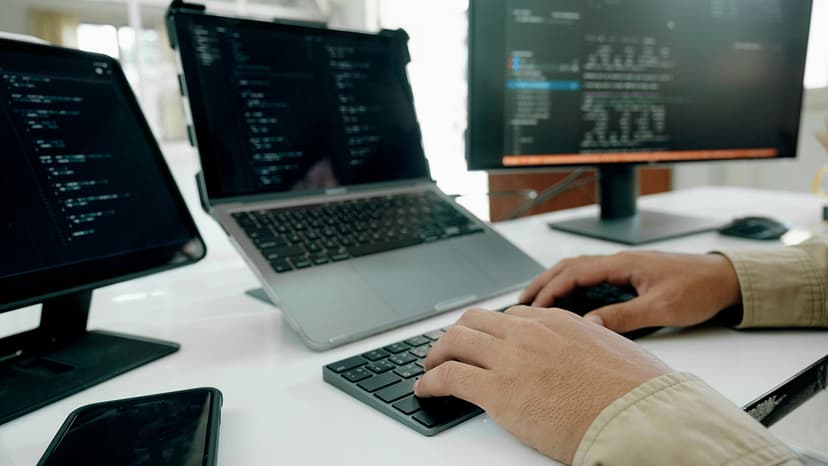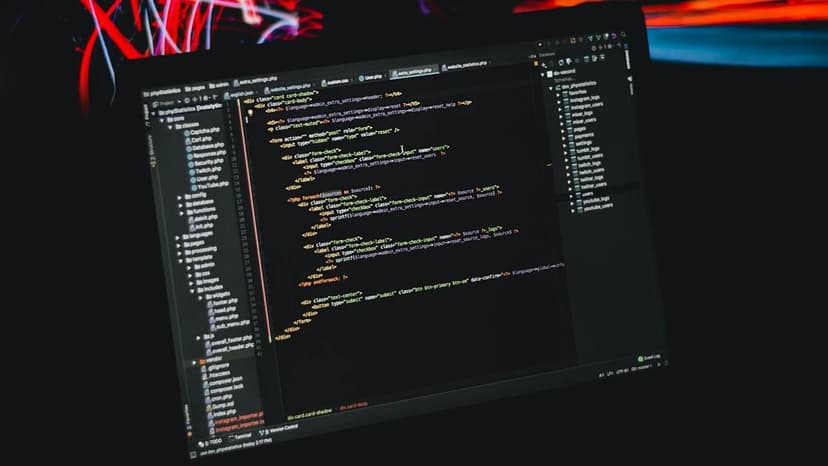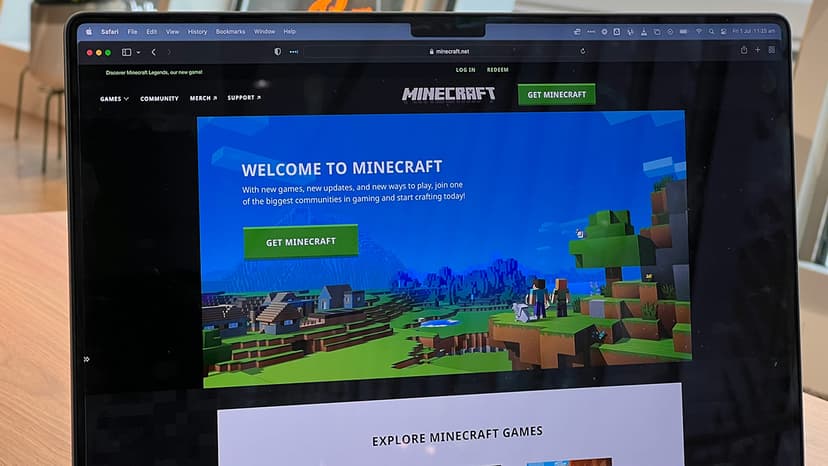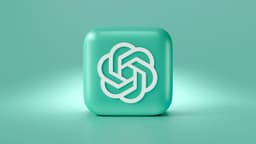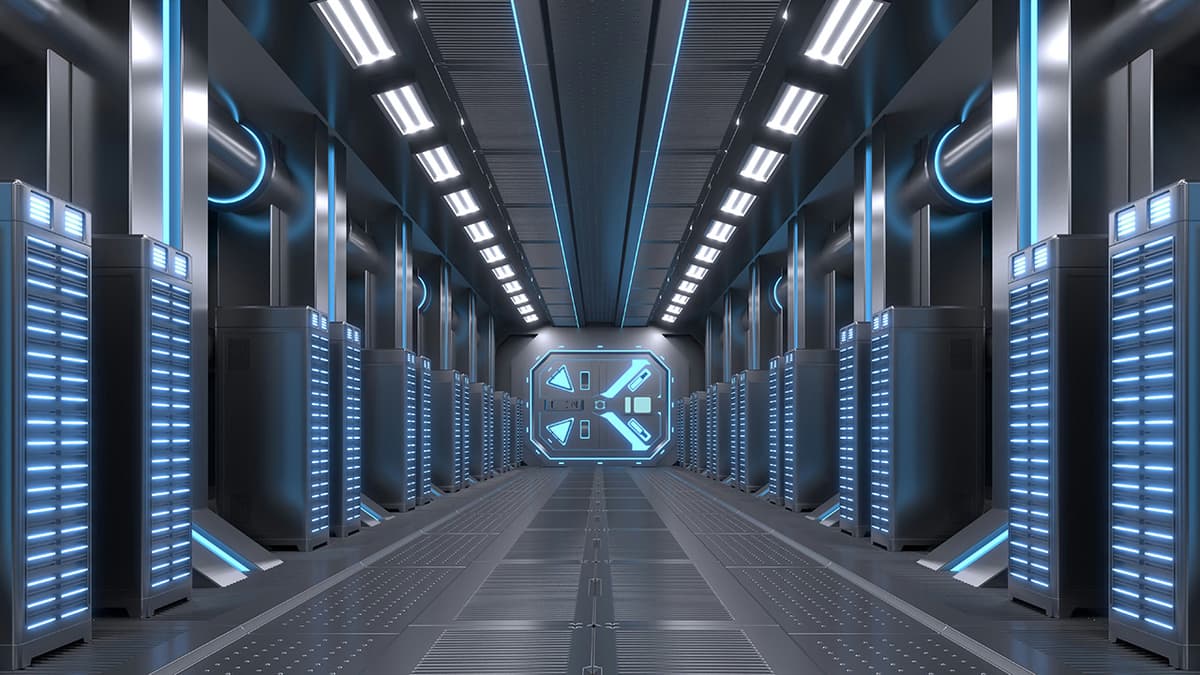How to Mine Bitcoin: A Beginner's Guide to Getting Started
Mining Bitcoin may seem complex, but with the right equipment and knowledge, anyone can join the cryptocurrency mining community. Mining verifies and adds transactions to the blockchain and releases new bitcoins. This guide covers the basics of starting your own mining operation.
Understanding Bitcoin Mining
What is the role of mining in the Bitcoin ecosystem? Mining involves solving complex mathematical puzzles to add new transactions to the blockchain. Miners compete worldwide to solve these puzzles. The one who succeeds first adds the next block and is rewarded with newly minted bitcoins, helping distribute coins in a decentralized manner.
Equipment You Will Need
Setting up the necessary hardware is the first step. Bitcoin mining can be done with different types of rigs:
CPU Mining
Initially, Bitcoin could be mined using a computer's CPU. This method is now obsolete due to inadequate processing power.
GPU Mining
Using Graphics Processing Units (GPUs) offers a more powerful mining method. A desktop computer with multiple powerful GPUs provides the processing power needed for competitive mining.
ASIC Mining
Application-Specific Integrated Circuits (ASICs) represent the gold standard in Bitcoin mining hardware. These devices are specifically designed for mining and provide the highest hash rates (mining speeds).
Additionally, you will need:
- A stable internet connection
- A Bitcoin mining software package
- A Bitcoin wallet to store your rewards
- Membership in an online mining pool if desired
Choosing Mining Software
Mining software connects your hardware to the Bitcoin network. Popular options include CGMiner, BFGMiner, and EasyMiner. These programs offer a user interface for monitoring performance and controlling your mining rigs.
Join a Mining Pool
Why join a mining pool? Mining solo can be challenging due to competition. A mining pool allows a group of miners to combine their computational power for better chances of earning bitcoins. When a pool successfully mines a block, the reward is shared among members based on their contributed hashing power. Examples of well-known mining pools include Slush Pool and F2Pool.
Get a Bitcoin Wallet
Where will you store your mining rewards? A Bitcoin wallet is essential for securely storing your earnings. Options include software wallets, which can be installed on computers or smartphones, and hardware wallets, which offer increased security. Protect your wallet with a strong password and back it up regularly.
Is Bitcoin Mining Profitable?
Is Bitcoin mining a path to profit? Profitability depends on various factors:
- Upfront hardware costs
- Electricity costs
- Current Bitcoin price
- Mining difficulty (which changes over time)
- Block rewards (which halve approximately every four years)
Calculating potential returns using a profitability calculator can be helpful. Tools provided by websites like CryptoCompare can assist in this process.
Staying Legal and Safe
What should you know about legalities? It’s important to understand the regulations surrounding Bitcoin mining in your area. Some locations have strict guidelines, while others are welcoming. Keep your security software updated to protect against malware and online threats.
Keep Learning
How can you stay competitive in mining? The Bitcoin mining landscape changes rapidly. Staying updated on the latest hardware, software, and strategies is vital. Follow cryptocurrency news, join forums, and connect with fellow miners to share insights and tips.
Mining Bitcoin offers an exciting way to engage with the cryptocurrency space. It requires the right combination of hardware, software, and strategy. With careful planning and technical know-how, you can start mining and contribute to decentralized finance.

